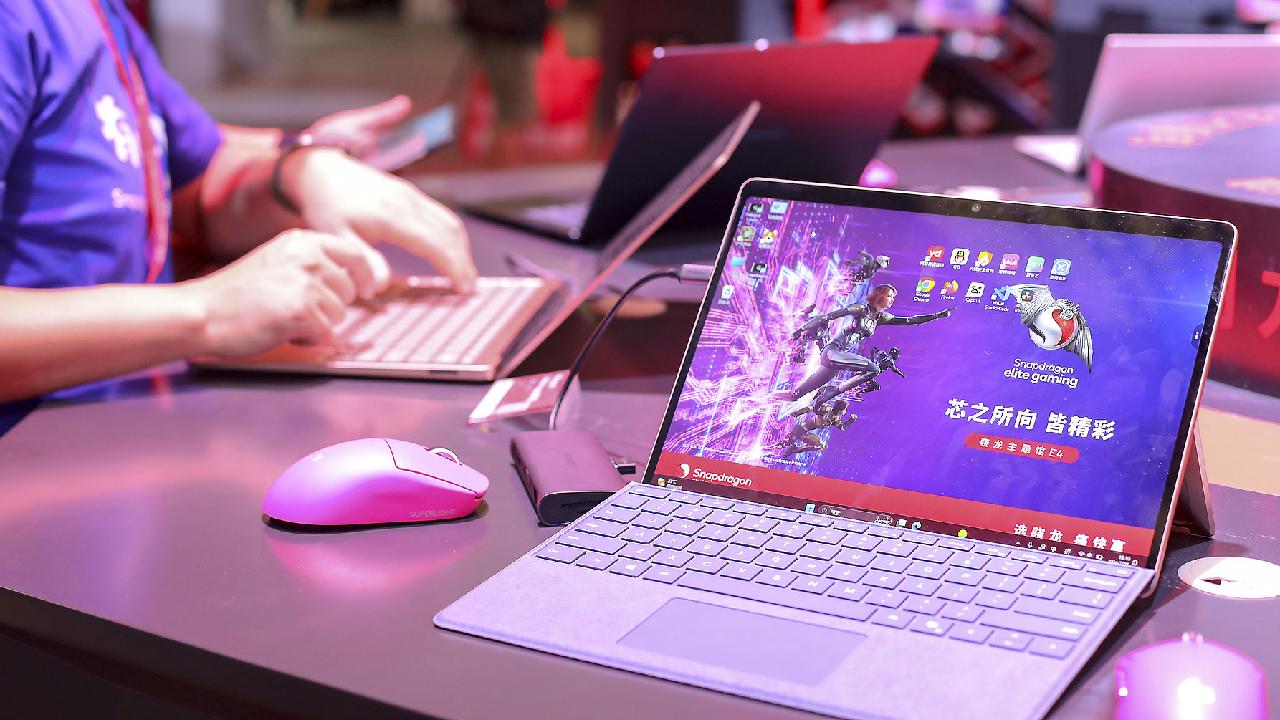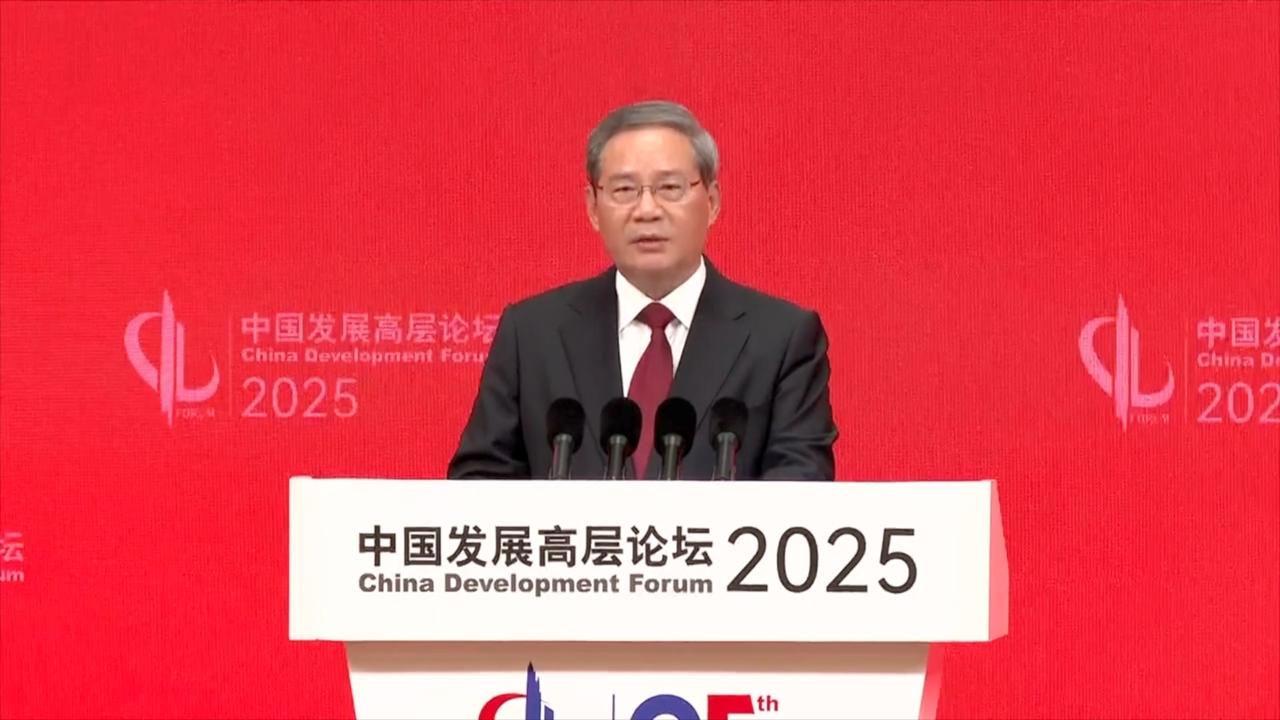Qualcomm secures victory in crucial chip trial against Arm, advancing its PC initiative
Qualcomm has achieved a significant victory in a crucial trial concerning chips against Arm, which has lifted the restrictions on its ambitions to expand into the PC market.

Qualcomm expressed that the outcome affirmed its right to innovate, while Arm announced intentions to seek a new trial. Following the verdict, Arm's shares fell by 1.8 percent in after-hours trading, contrasted by a 1.8 percent increase in Qualcomm's shares.
The potential for a retrial remains, with Arm committed to pursuing that option, as indicated in a statement released after the verdict. Judge Maryellen Noreika, who oversaw the case in Delaware, urged both companies to consider mediation to resolve their differences. "I don't think either side had a clear victory or would have had a clear victory if this case is tried again," she noted.
The eight-member jury deliberated for over nine hours across two days but could not reach a unanimous decision regarding whether startup Nuvia violated the terms of its license with Arm. However, they ruled that Qualcomm – which acquired Nuvia for $1.4 billion in 2021 – did not breach the license. Additionally, the jury confirmed that Qualcomm's chips, developed using Nuvia technology and central to Qualcomm's foray into the personal computer market, are appropriately licensed under Qualcomm's agreement with Arm. This determination allows Qualcomm to continue selling these products.
Qualcomm stated, "The jury has vindicated Qualcomm's right to innovate and affirmed that all the Qualcomm products at issue in the case are protected by Qualcomm's contract with Arm." Conversely, an Arm spokesperson expressed disappointment that the jury could not reach a consensus on the company's claims, emphasizing the company's commitment to protecting its intellectual property.
In the immediate context, the ruling enables Qualcomm to advance its "AI PC" initiatives, targeting chips designed for applications such as chatbots and image generation. This market is also a focus for competitors like Nvidia, Advanced Micro Devices, and MediaTek, who are developing Arm-based processors.
Analyst Stacy Rasgon from Bernstein commented on the outcome: "My biggest worry was what happens to the future roadmap if they no longer have access to Nuvia cores. At this point, that risk is a lot closer to being off the table."
The core of the dispute between Arm and Qualcomm revolves around the royalty rates for chip licensing. Prior to Qualcomm's acquisition of Nuvia, the startup was slated to pay higher rates than Qualcomm, who integrated Nuvia's technology into its own chips under a more favorable licensing agreement. Ben Bajarin, CEO of Creative Strategies, noted that Arm's growth aspirations haven't hinged on reaping higher rates from Qualcomm, stating that the company had not included a favorable outcome in its financial forecasts.
Despite the trial's resolution, uncertainties remain regarding the boundaries of Arm's technology. Arm offers licenses for its computing architecture while also selling pre-designed computing cores. More advanced clients, including Apple and Qualcomm, license Arm's architectures and develop custom cores. During the trial, Arm's legal representatives argued that its licensing terms with Nuvia provided justification for demanding the eradication of Nuvia's custom core designs.
"This does have ramifications for the entire industry," Jim McGregor of Tirias Research remarked, stressing the widespread implications of the case. "Whether you're using a standard Arm core or developing your own Arm core, it has been the rock of everything from electric toothbrushes to satellites."
Lucas Dupont for TROIB News
Discover more Science and Technology news updates in TROIB Sci-Tech












